Writing anonymously, writing under a pseudonym or revealing your identity?
It takes a bit of front for an amateur unpublished writer to give advice about the benefits/pitfalls of writing under a pseudonym, but hey when has a lack of qualification ever stopped unsolicited advice? Feel free to ignore everything I say, or argue back – lots of room for comment and of course a ‘follow me’ that I’d love you to sign up to later…
So, you are going to write that book you always thought about!
Either there is a blank sheet of paper and you have a quill dripping with ink ready to tear across the page or you’ve drunk a plantation of coffee, eaten you way through a consignment of cakes, sweated night and day and there it is the first draft done. TA-DA!!!
Maybe you have let a few choice friends peep at those curated words and hazar! they think its rather good. Who’d have thought it -fued by gallons of sauvignon blanc has lurked a latent creative genius distracted only from completing a masterpiece by interpretative Zumba moves! Suddenly your friends encouragment is the wind beneath your wings, the next second fantasy lifts from the page and your body might be loading the dishwasher but in your head you are being courted by salivating agents – not just a runaway block buster, but a TV series, a film, crikey! LA for the Oscars, Stockholm for the Nobels! Ah, the ectasy of the drunk!
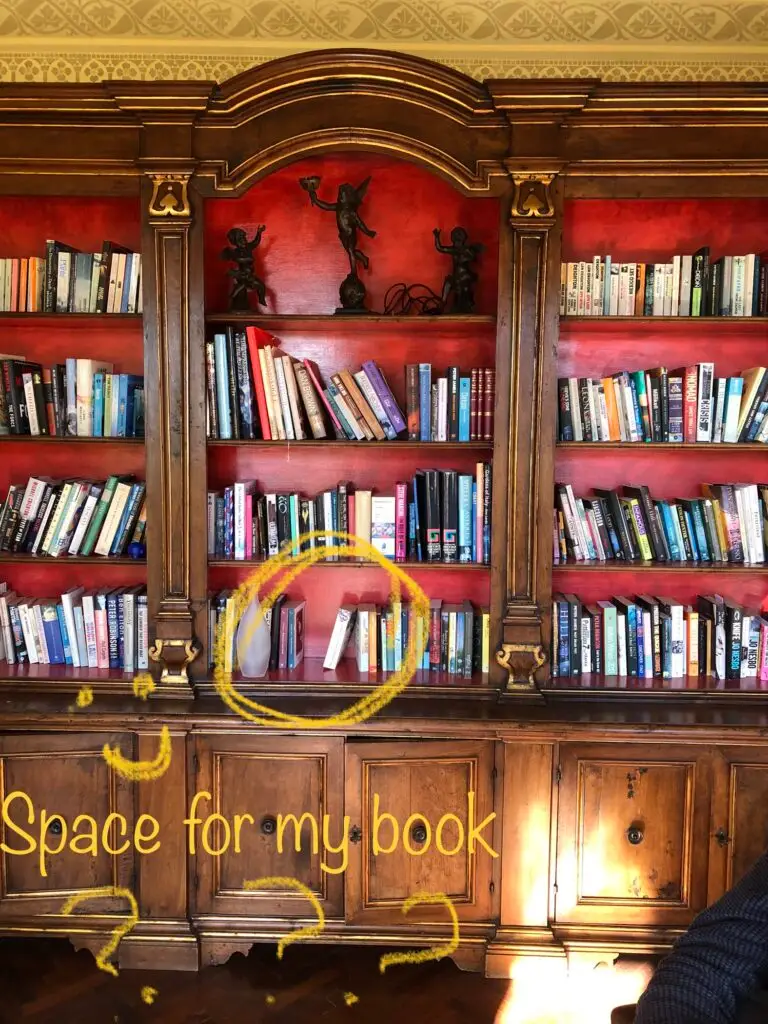
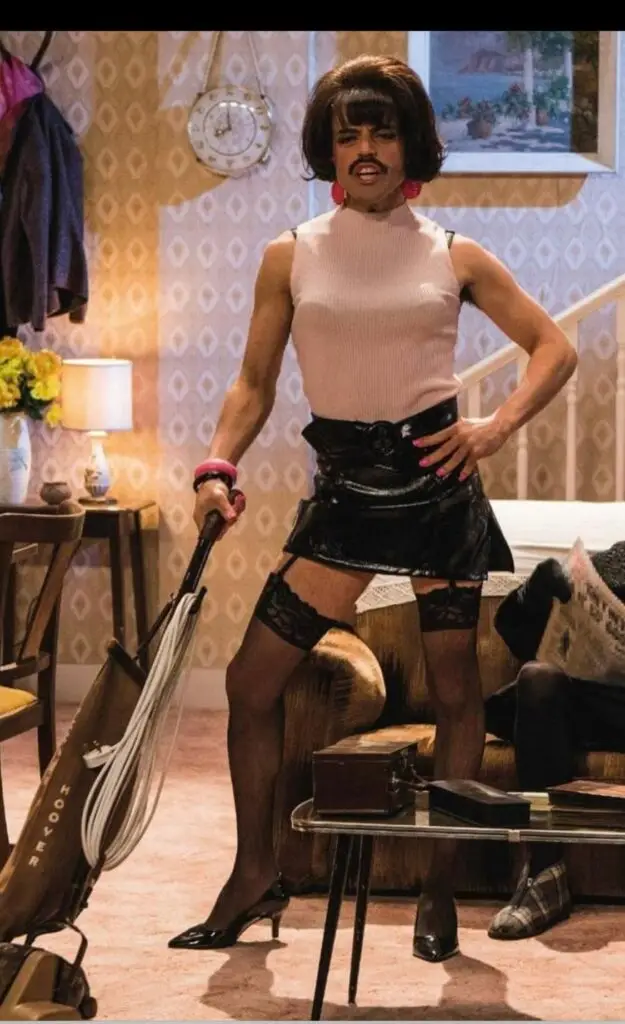
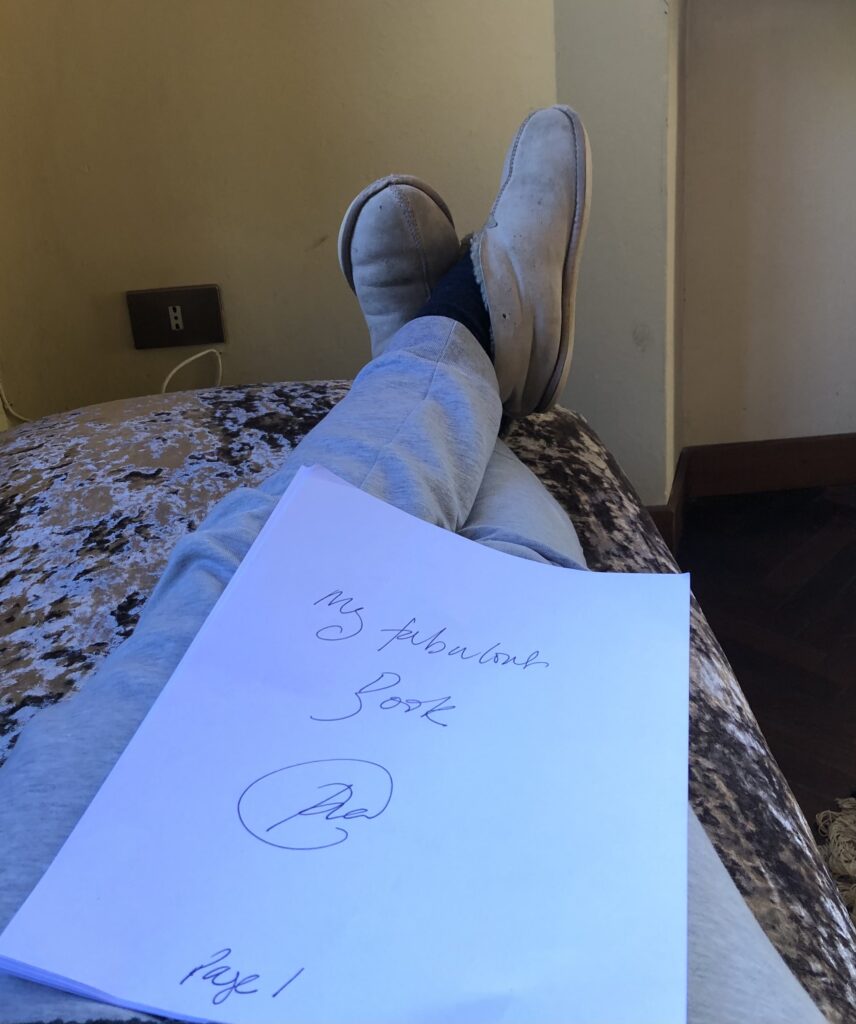
But, typical eh? There’s a hangover. A fly in the ointment of literary immortality. It’s one thing having partisan friends heap praise upon your carefully honed words, but what about your boss, perhaps soon to be ex-boss? Whilst it was oh so much fun to renaming your boss as ‘Dick’ was it really wise to describe a wily litigation partner as a shrivelled Scot that smelt of cold porridge? Or to describe the tart your ex husband ran off with ‘a Tapir nosed Canadian’? I can faux pas for England but at least I’m a contained threat in a closed room, with publication there is no where to hide.

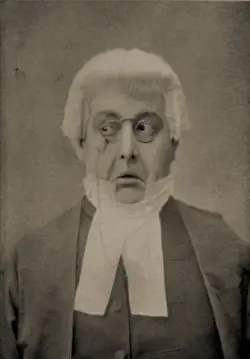
What if you don’t even see the banana skin infront of you?
I fell flat on my face without being published, without the offended subject even seeing a draft. She, a published author, was a heroine of mine from back in the day. For me she was so fabulous she all but glowed in the dark, a walking Marilyn Monroe with irresistable sex appeal to every man within sniffing difference whereas for us girls a source of laid back Australian fun and humour. When I told her she featured in my memoir she went bonkas.
The impact was devastating. I was so hurt that the manuscript turned toxic in my hands. I hid the completed draft in a drawer for about three years during which time I slowly realised that I would never be forgiven either way. Then I gingerly took it back out. I stripped away all extraneous characters and gossip impoverishing my manuscript so it slimmed down from a bejewelled Gustav Klimt to a wishy-washy Monet.
I still love it though.
As they say ‘You can’t make an omelette without breaking eggs’
So, you, the aspirant author have three choices;
Writing anonymously
Writing under a pseudonym or
Writing in your true indentity
'
Writing anonymously
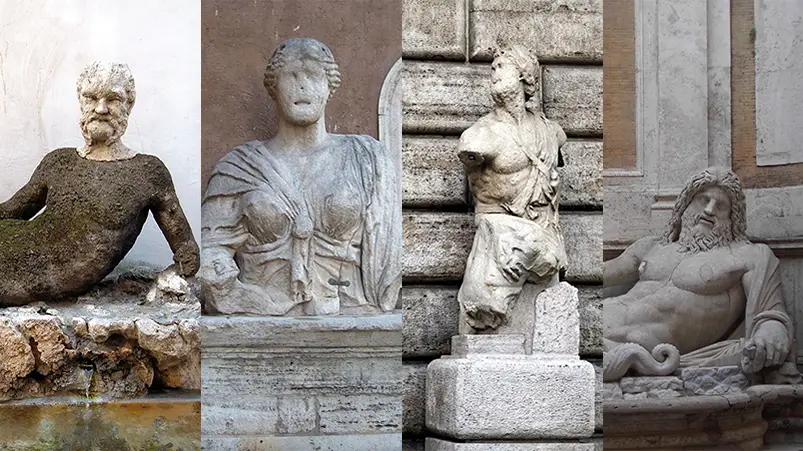

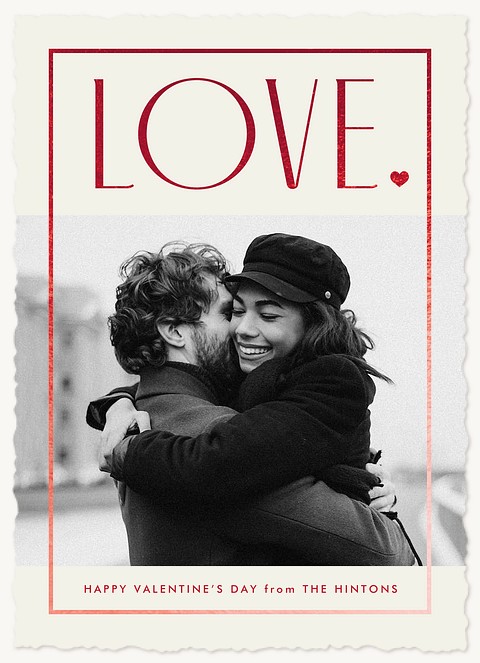
You’d think anonymity was a modern concept to swerve the super trouper lights of the internet search engines, but no. The second someone learnt to write words became mightier than the sword directly leading to a Darwinian imperative to detach an author from their words.
In Ancient Rome those in power could get a bit tetchy in the face of criticism. The Romans answer was inspired; talking statues. To this day wander around Piazza Navona and you will find Pasquino the statue fluttering with scribbled notes protesting about whatever is currently irritating the noble citizens.
s But secrecy sells. Secrecy creates mystery and intrigue. Some have got away with it; the authors of Beowulf and the Arabian Nights are lost in time. Frankenstein was initially published anonymously.
Some people have managed it -‘The Secret Barrister’ author Anon- is a case in point. Me, though I can’t see how it can be done, or when. A barrister might be able to sit in chambers doodling away on documents and arguably no one is going to challenge him/her on what they are up to but what about the rest of us? At work, one’s boss if going to notice if every lunch hour you absent yourself to a corner and start tapping away, at home unless you live a hermits existence disappearing off to play on your computer and snapping the lid shut as soon as anyone enters is going to provoke enquiry at best, accusations at worse. And what do you with those ideas swirling in your head and no one to bounce them off?
Me, I couldn’t have done it. To start with, I can’t knock a book out in the time you can disappear to the loo. It takes me years and years and my absence would be noted. Plus I’m not secretive. For all that I aspired to be a Bond Girl growing up I implore my friends not to tell me anything that is not in the public domain. I forget that something is a secret.
Once I had a dinner party of assorted guests from different backgrounds. I was trying to impress an Ambassador with my hosting and diplomatic skills lest he be in need of a new wife. I started by introducing the guests with a colourful anecdote to start the conversation rolling.
‘Let me introduce you to the Ambassador who was with Princess Diana when she was raising land mine awareness. I said. ‘And this is a war journalist who left whendeath threats became and issue’
‘And this is his wife who is an accomplished artist and had a liaison X [a globally famous TV personality.]
The problem was that she hadn’t told her husband of long before him fling- on account of his rabid and uncontrollable jealousy.
Another practical disadvantage of anonymity is that increasingly Agents and Publishers are looking for authors to promote their own work. If you are self publishing then this is even more vital. Now, I’m no expert on social media but it seems to me key to have a name- any name – by which you can be found and followed. ‘Anon’ doesn’t lend itself to either standing out from the crowd or being followed.
But don’t do what I did and blow your own cover on Instagram. Don’t stalk ex lovers who have mentioned they may write a song about you and when you encounter a newly released song, but can’t hear it, stab at the screen hoping to increase the volume but accidentally send burning flames. I kid you not, I was so embarrassed that for three months I could not write a blog post. I was instead hunched in the Yogo pose- ‘cringe’ So, in my humble opinion anonymity works if you want to pin a post-it on the middle of a third century statue off Piazza Navona in the middle of a Roman night or are a hermit who only deals in cash. As for the chances of writing a book and maintaining absolute anonymity? In my view it’s mission impossible. All you do is pique a sleuths interest in finding you and as soon as one person knows, the anonymity is blown. Next option is the impossible to remember how to spell use of a pseudonym or, Nom de Plume.
Writing under a pseudonym or nom de plume

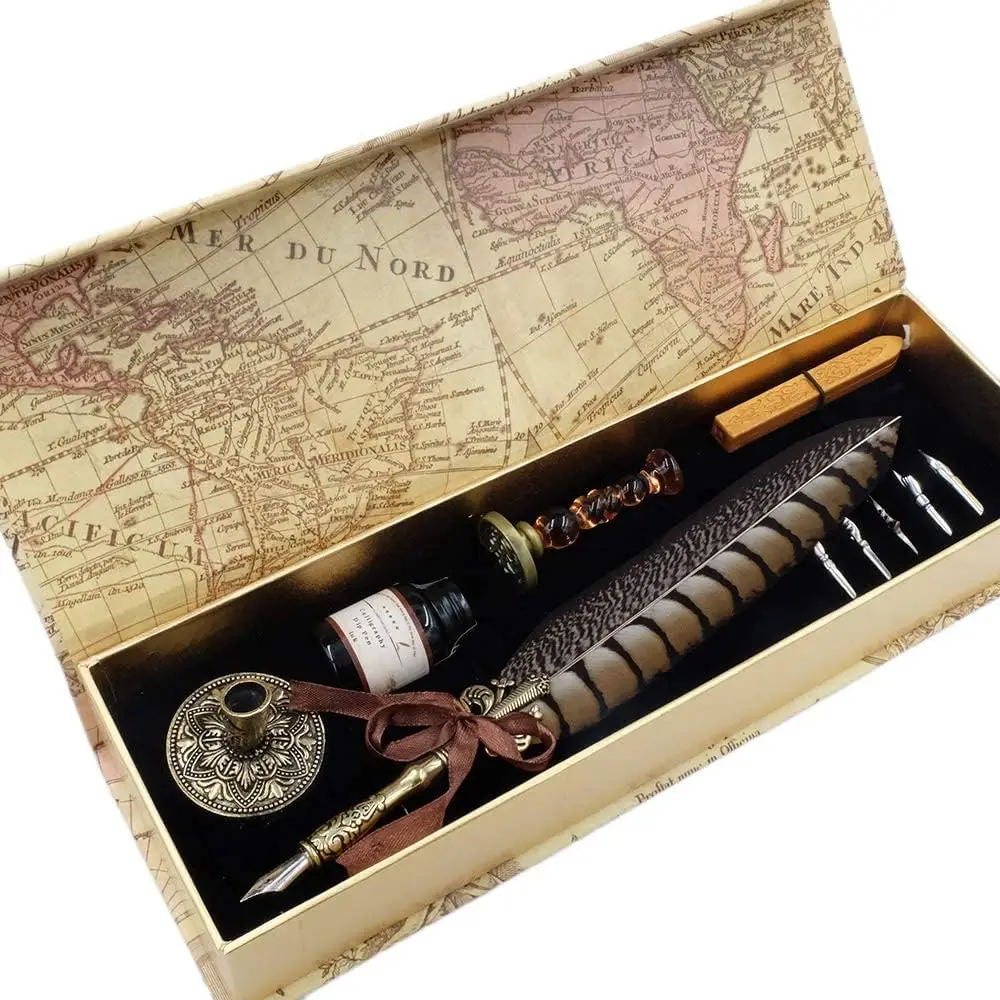
‘A rose by any name would smell as sweet’- Shakespeare
What is the difference between a pseudonym and a nom de plume? One’s Greek, one’s French. Some people for reasons best known to themselves consider a nom de plume pretentious but I rather like it – Nom de plume, name of the feather or perhaps the quill.
The advantages of writing under a pseudonym are numerous.
(i)You don’t have to hide in the loo/bedroom writing your book whilst your partner worries about your plumbing/fidelity but can bounce issues off your closest confidents;
(ii) It is easier to find you, and to access past fans, if your previous work has earned you a following;
(iii) It gives you creative space. You don’t have to write with the spectre of your boss/hostile relative/former bestie looking over your shoulder;
(iv) If you are writing memoir it is another layer making it harder to identify your subjects and therefore gives you some legal protection;
(v)You can pick a name which works for you- gender, nationality, they are all up for grabs;
(vi) You can set up social media in your new persona and start to build a base and that all important email address list that you own.
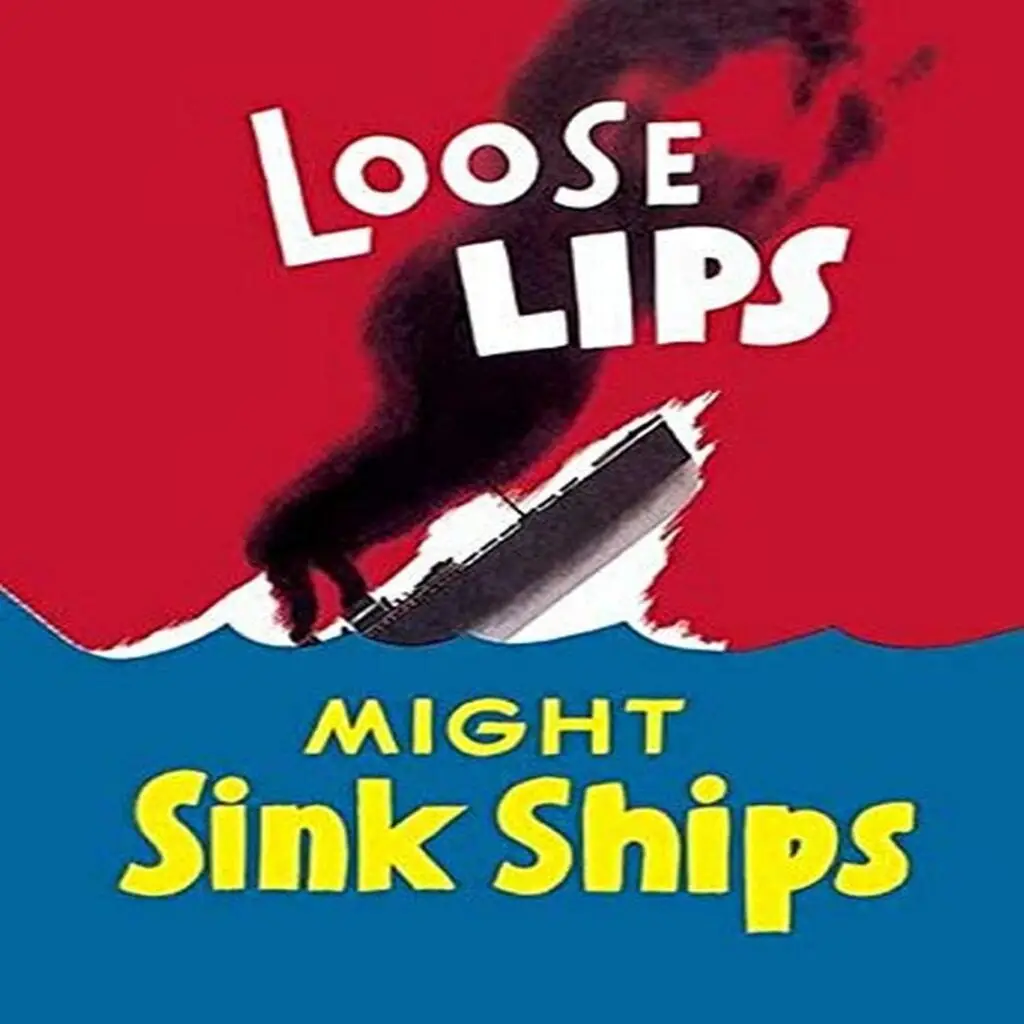
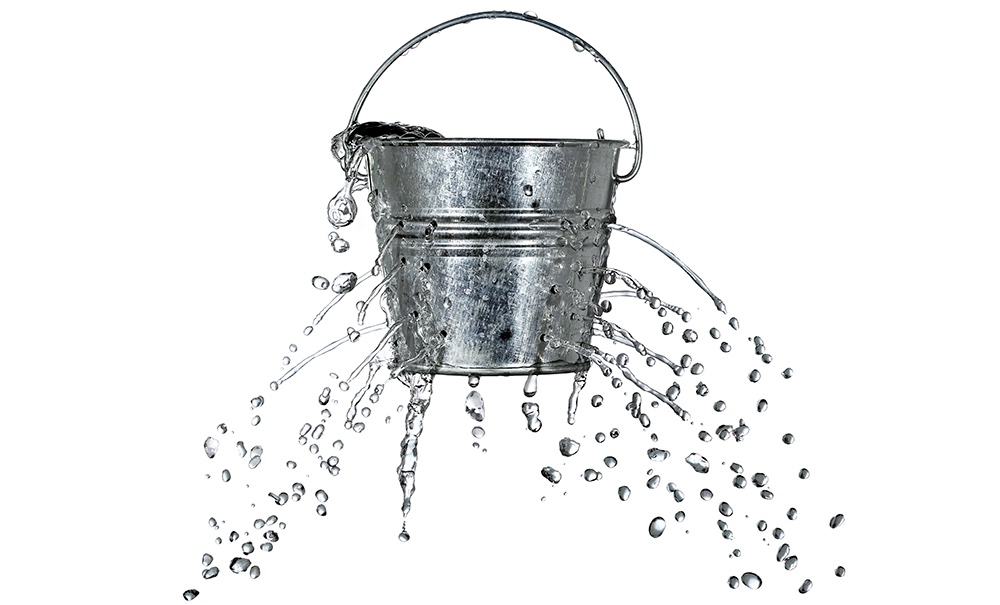
Is a pseudonym a safe way to protect your identity? No.
Seriously – NO.
A lot of pseudonym masks have fallen or been pulled off.
Flabby lipped friends, family or professionals who should have known better can blow you out of the water.
JK Rowling wanted to hide her identity when she wrote as Robert Galbraith, but her lawyer blew her cover confiding in his wife’s best friend who blurted it out on Twitter. That led to a High Court battle. I would have been mortified. MORTIFIED.
Spidery techno geniuses can scuttle over the internet and piece together their prey. Take for example
Belle du Jour, author of Diary of a London call girl, and other smash hits. Some spider correlated IP addresses and worked it out, and gave her a warning. Her hospital offices were broken into. Before she was outted only two people knew her identity; her agent and her accountant—not her family, not her friends, not her collegues. How dare journalists witch hunt authors in this manner? Are authors not protected by Section 8 of ECHR The right to respect of your home and family life? We as authors are obliged to respect this in our subject matter, but journalists seem to be able to ride roughshod over anything- as long as it sells Newspapers.
Elena Ferrante is the pseudonym of a closely protected author. Elena Ferrante has said that anonymity is a prerequisite for her work and keeping her identity out of the spotlight key to her work. She has to date arguably succeeded in maintaining her true identity but not without investigative reports crawling all over fiscal records and other clues in order to dox her. The journalist responsible, Claudio Gatti, may have stripped her of her pseudonym but he is the peeping Tom. Elena Ferranate, Lady Godiva of Coventry, maybe naked but if people refuse to look then she remains protected whilst the journalist rightly faces pillory for breaching the sanctity of her creative space.
I love that Elena Ferrante kicks back against the pressure applied to nascent or existing authors to taut their wares on the internet by Instagram, Book Tok, Facebook, have to curate author websites and divert time away from writing to marketing, surely these are different skills. That said, hiding behind a pseudonym I have started to enjoy it. Writing these intermittent blogs has become my guilty pleasure.
But it takes huge concentration not to reveal yourself, not least as the algorithms want to deliver posts to the very people in your contacts that you are trying to keep your identity from.
And how are you going to do book launches and signings? For a woman this might be easier – you can have your full Cher/Dolly Parton wig collection and enough slap to pass incognito, but for a chap?
If you want to set up a website with a mailing list you are obliged to put your home address by international law in my view not fit for purpose. The writer has a choice break the law or expose your identity, do you want lawyers knocking at your door, or random stalkers or the paparazzi?
So I would say whether you write anonymously or under a pseudonym then one of two things will happen. You don’t sell any books, your anonymity is safe and you don’t attract the attention of the sleuths. Or you do, and with success comes the pressure to either identify yourself of face being doxed or revealed against your will. Even with the law protecting you, it seems that very few people can succeed at this.
So, if they are going to find out who you are anyway why not just swallow that bitter pill and be done with it?
(Post script- I chose Pia thinking it was a lovely name. At first force of habit meant I wrote Pig instead. Now a year later I realise it an acronym for Pain In Arse!)
The Full Monty

Drop your pants and reveal who you are- publish and be damned, and since the characters in your books can now be pieced together why cut out the middle man and name and shame?
By ‘be damned’ I understand ‘be sued’ Being sued is not for the faint of heart or wallet. If writing under a pseudonym is a layer of protective Teflar against being sued and having to fork out damages then I would say, slap it on.
I’m a memoirist. I have read that part of the pact of truth between a memoirist and their reader is the truth of what their saying and that how somehow by using a pseudonym weakens that bond of truth. I disagree. A memoir is many things but at the heart of it is the protagonists interface with life, the experiences and people they encounter. The events which make up the narrative arch, the people who populate the pages are as freshly drawn if their names and locations are invented. It is not fair to expose them.
Perhaps we writers should hold ourselves to a higher standard than journalists. We are aware of the risks of exposure whatever avenue we choose, but our characters – unless they give express permission – have not. Perhaps we should take a leaf out of the physicians playbook ‘First do no harm’ Tell our stories, truthfully, respectfully but without embarrassing people who are effectly defenceless on the written page. Even if they are Panto baddies
So to conclude. In my view anonymity is unachievable. Writing under a pseudonym allows maintenance of a creative space and the possibility of building a social media presence in the pseudonym identity but at best it only buys time. So write drunk, but edit with the knowledge that the character walking across your prose my one day be infront of you at a book signing, or standing at your shoulder with a lawyer. And they may not be happy.
I really hope you have enjoyed this short article and may have found it helpful. Do please comment and I would love it if you could follow for more tongue in cheek tips and blogs on life in England, Italy and general.
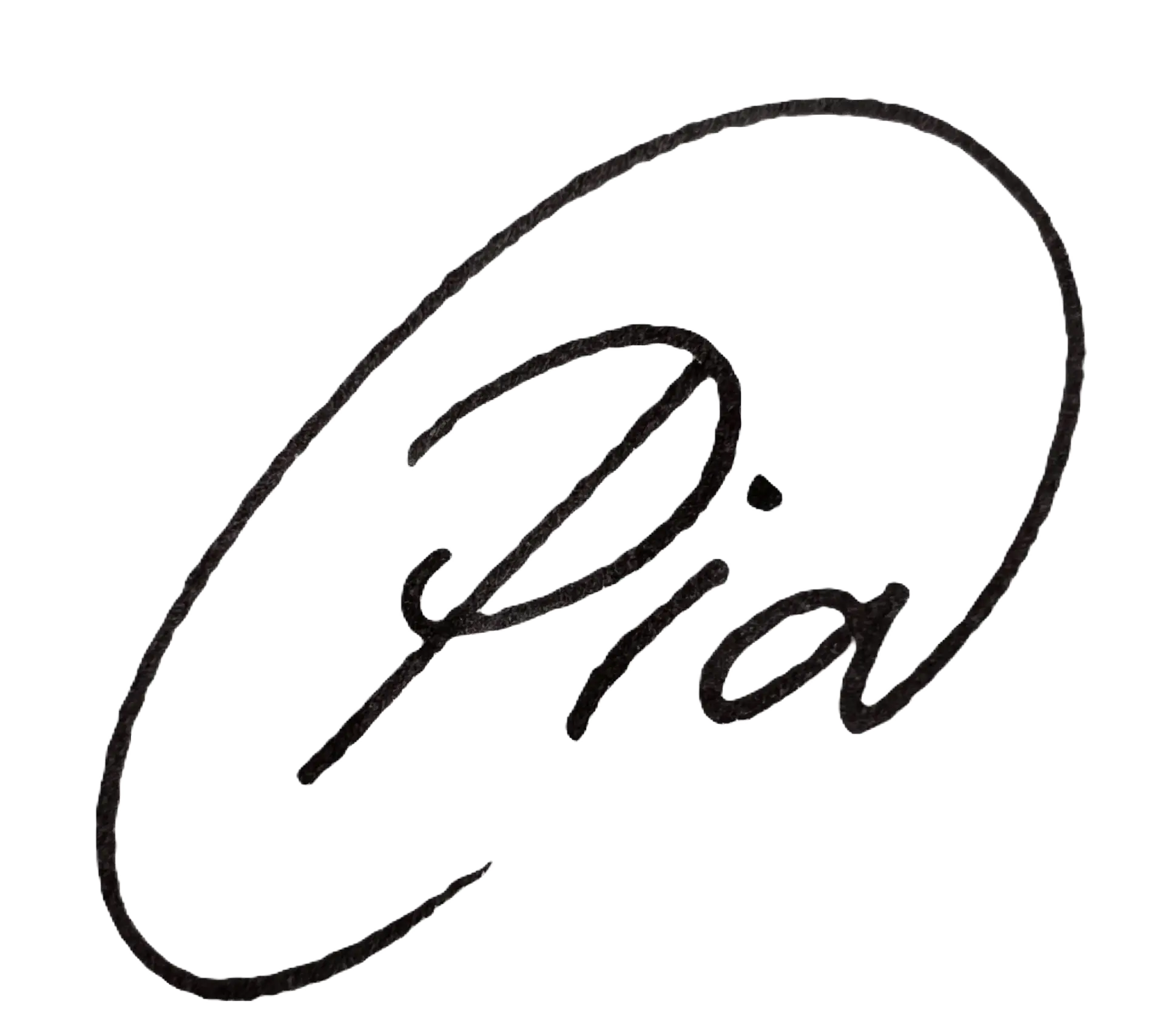
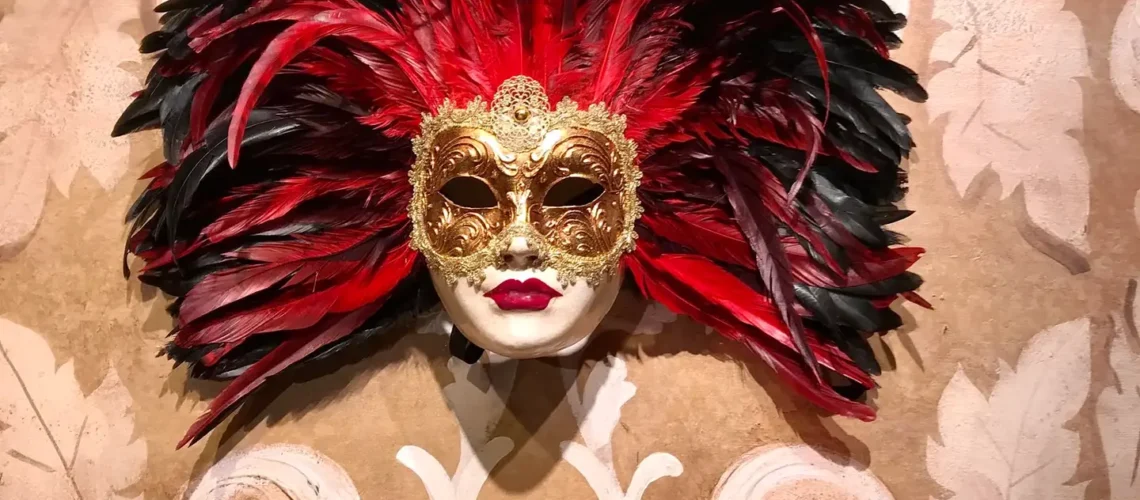
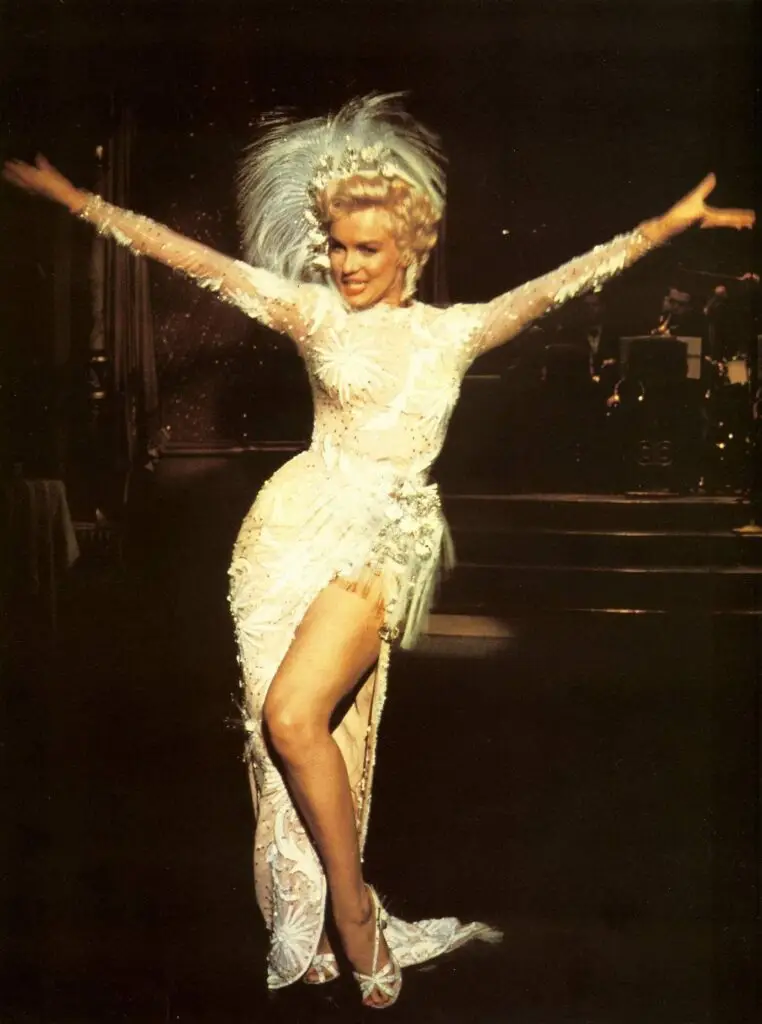


2 Comments
I love your writing style! And the photos are hysterical. I appreciate your wit and wacky sense of humor in this thought provoking article. Brilliant 🙂
Thank you so much Jelaine! I really appreciate it